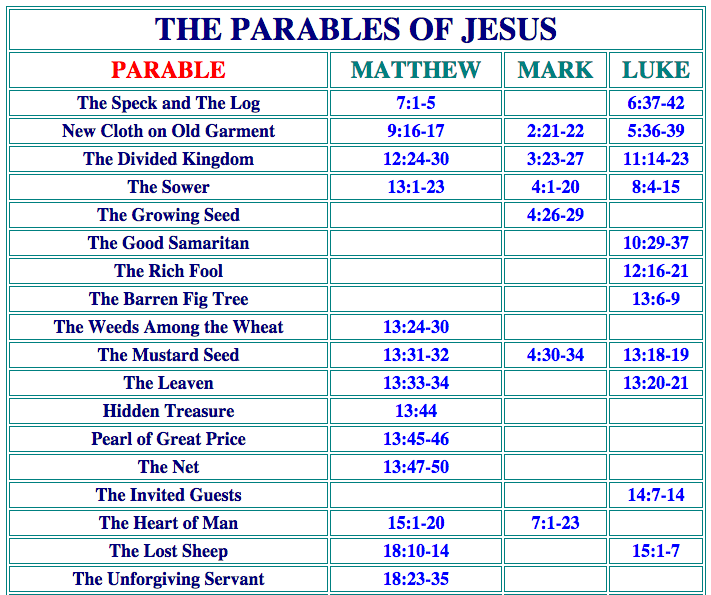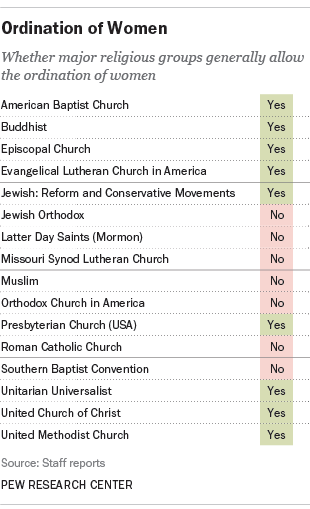Hardest Words To Pronounce In The Bible
Hardest Words To Pronounce In The Bible
If you’ve ever tried to read the Bible, you know that there are a lot of words in it. And if you’re like me, you probably haven’t even made it through all of them. But one thing we can all agree on is that some of those words are hard to pronounce—even for native English speakers! In this article, I’ll be sharing with you eight such examples so that perhaps when you’re reading along at home or in church next Sunday (or any other day), they won’t seem quite as daunting.
Hyperbole
You’re probably familiar with hyperbole and know what it is. It’s when you exaggerate something to make a point. For example, if a friend tells you that their new car is the best car they have ever had, they are using hyperbole or exaggeration to let you know how good it really is.
So what makes the word “hyperbole” difficult? There are six syllables in this word – two of which are long “ee” sounds (eee). This can be challenging for some people who have trouble with pronunciation due to accent, age or other factors.
Encomium
Encomium
This word is used in the Bible, and it refers to either an act of praising God or a speech that does so. The word itself comes from Greek: en means “in,” and komai means “to come.”
Antiphony
Antiphony is a form of music, prayer and speech that dates back to the early Church. It is a call and response technique used by both believers and nonbelievers alike to communicate with God. The word itself comes from two Greek words: anti (opposite) and phone (sound).
Antiphony has been around since the earliest days of Christianity, where it was used as part of worship services in ancient times. Antiphonal singing refers to the act of chanting back and forth between two choirs or groups; this can be done either by alternating verses or repeating whole sections of text at once.
Zarqa
If you’re starting with this one, it’s probably because you’ve decided to read the Bible in its original languages. Zarqa is a city in Jordan and a river in Jordan, but it’s also a village in Jordan and another city in Israel/Palestine.
If you’re not sure which pronunciation is right for your own particular verse, check out this helpful guide:
- In Genesis 14:2-3 (the story of Abraham’s rescue from the kings), Jabbok is pronounced “Zah-buhk.” It means “crooked,” as in upstream from where the Jordan River flows into Lake Huleh at Rosh HaNiqra.
- In 2 Kings 18:30 (a story about King Jehoash of Judah), Jabbok is pronounced “Jeh-hohsh.” This comes from Hebrew letters that look like an upside down L or V put together with an I or Y. In other words, when you get stressed out about pronouncing things correctly and sound like someone who isn’t paying attention to their speech class instructor during lessons on vowels vs consonants (or whatever), just remember which vowels go where when writing out English words so that they’ll make sense when spoken aloud!
Euphrates
Pronunciation: eu-frayn-teez
Meaning: Euphrates is a river that originates in Turkey and flows down through Syria and Iraq. It’s one of the longest rivers in the Middle East, and it’s considered to be the most important waterway for people who live along its banks. Because you’ll find this word mentioned so many times in Genesis and Revelation, I thought it would be helpful to learn how to pronounce it properly!
In The Bible: There are several references to this body of water throughout the Old Testament. You can read about King Sargon II (also known as Sargon The Great) who fought against Elamites and subdued them around 710 B.C., or discover how Isaac dug wells there during a time when they were fleeing from Abimelech’s men as well as Abimelech himself wanting revenge on Isaac for what he did after taking Sarah away from him! You might even learn about how God used Abrahams son Ishmael’s descendants along with Hagar’s son Esau who both lived near this river until eventually settling down elsewhere–due mainly because their mother died shortly after giving birth!
Euphonia
Euphonia is a Greek word that means “good voice,” and it appears in the Book of Revelation. This word is difficult to pronounce because it’s not native to English, so there isn’t an equivalent pronunciation for us to fall back on. To make matters worse, the “n” sound at the end of this word is pronounced like an “m.” The result? This pronounciation sounds more like you’re saying “Euph-a-na” than anything else! If you’re looking for a challenge while reading Revelation aloud, try tackling this one!
Nophah
The Hebrew word Nophah, meaning “broken,” is found in the book of Exodus. It’s one of the hardest words to pronounce in the Bible. This can be attributed to its unique phonetic structure, which involves a combination of sounds like N and P, F and H. These types of phonemes are rare in English-speaking languages and therefore difficult for most people to master—especially when you add them together!
Nophah is used twice in the Old Testament: once in Exodus 6:7 (as part of Moses’ father’s name), and again as part of Pharaoh’s daughter’s name (daughter who adopted Moses). The word was translated as “broken” or “low” depending on its context.
Enon
Enon is a biblical place. It’s also one of the few words on this list that I personally had to look up to find out how to pronounce it. The word has 11 letters and eight syllables, making it difficult for even the best readers in the world.
The name Enon comes from Hebrew, meaning “fountain.” And while it may be hard to pronounce, its meaning is simple: It means “fountain” or “wellspring.” The name can be found in both New Testament and Old Testament contexts. In fact, it’s been used multiple times by both Jesus and Paul during their lives on Earth as examples of spiritual wellsprings within us all (see Matthew 3:7 for one example).
Alacrity
How do you pronounce alacrity?
The word is pronounced al-uh-kree-tee, and it comes from the Latin word alacritas, meaning ‘eagerness.’ It’s used in the Bible to describe the eagerness of the Lord’s people.
Abaddon
Abaddon – (ah-BAHD-on)
Abaddon means “destruction,” and is the Hebrew name for the angel of death. It’s also not mentioned in the New Testament, though it does appear in other places, such as Revelation 9:11, which says that Abaddon or Apollyon “will kill one third of mankind.” In Christian theology, Abaddon was thought to be a fallen angel who guarded Hell until he was overcome by Michael during Satan’s war against heaven. He was then cast down into a pit where he remained until death came upon him and he became the angel of destruction. One thing you should know about this word? It’s not a person or place name!
It’s hard to pronounce some words in the Bible.
If you’ve ever read the Bible, you know that it contains lots of words that are difficult to pronounce. That’s because some of those words are very old, and they come from languages other than English. (The Bible was written in Hebrew and Greek, which were the languages used by Jesus and his first followers.)
One reason why there are so many difficult words in the Bible is that many of them have changed over time. For example, “Zion” was originally pronounced “Shim’on” but later became known as “Se-yon’.” So if you hear someone say “Sion” instead of “Shi’on,” don’t correct them! They’re probably just pronouncing it like someone did back then!
When it comes to pronouncing words in the Bible, there are some that can be a little tricky. If you’re trying to learn how to pronounce these words, we hope this article has been helpful! If you find yourself struggling with any of these difficult pronunciations, don’t feel too bad about it—after all, we were practically born knowing how to do it well!







